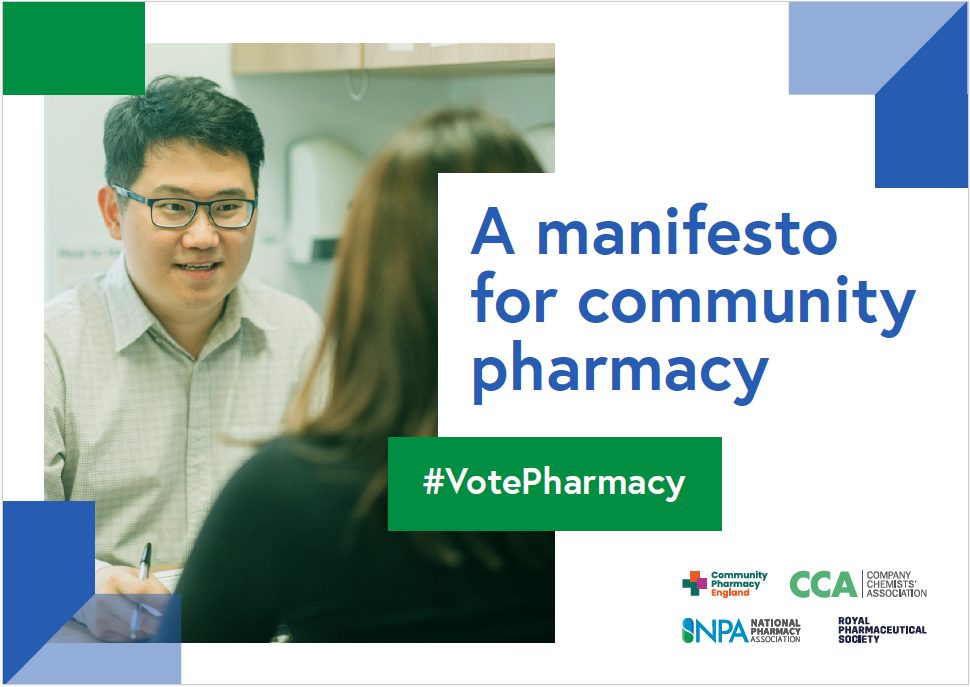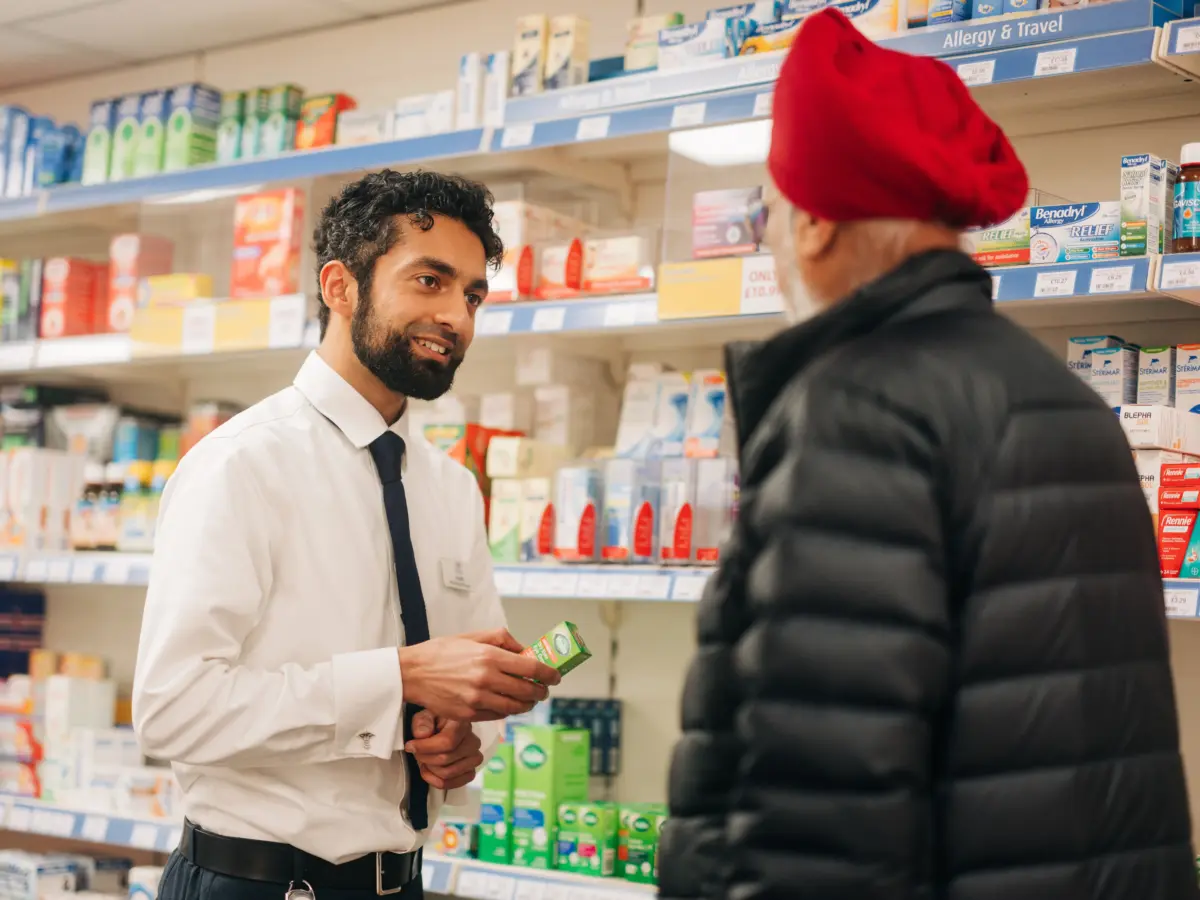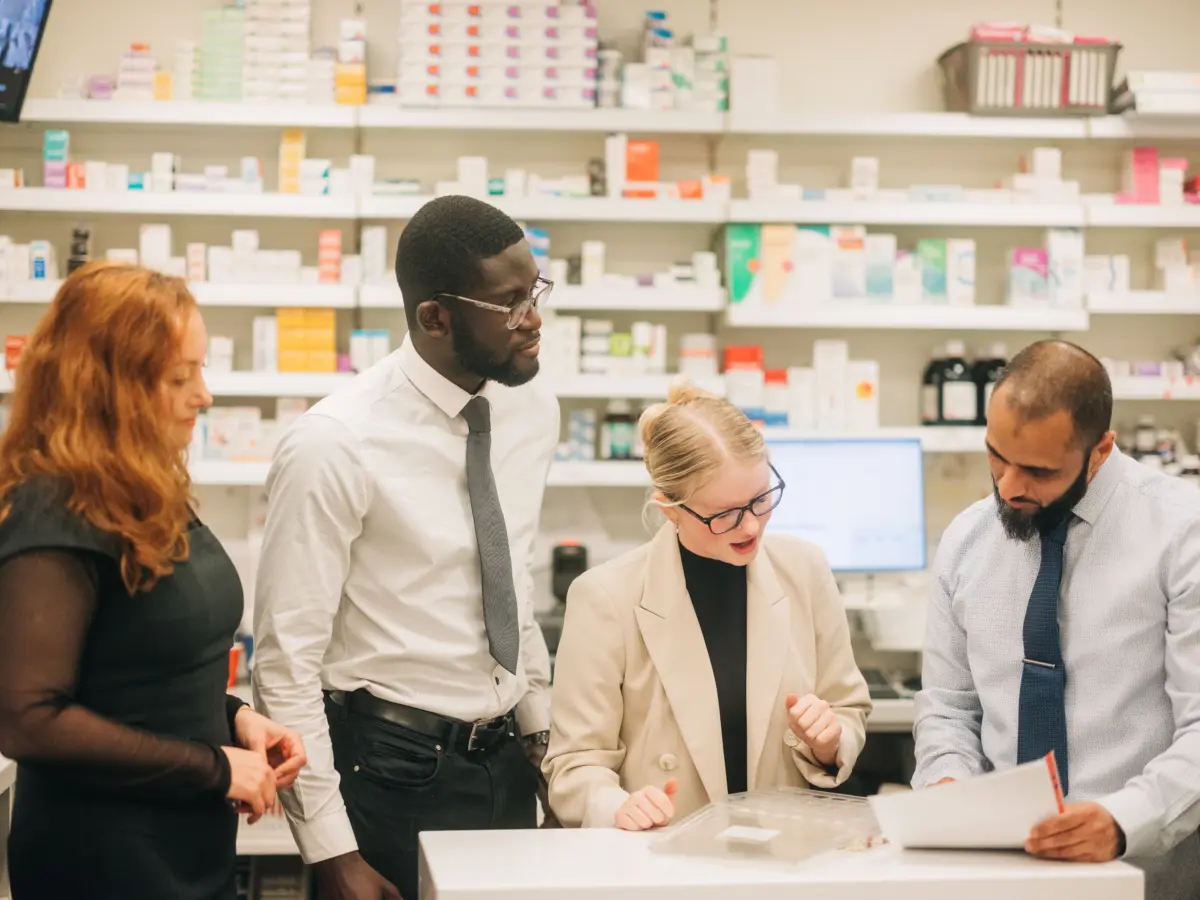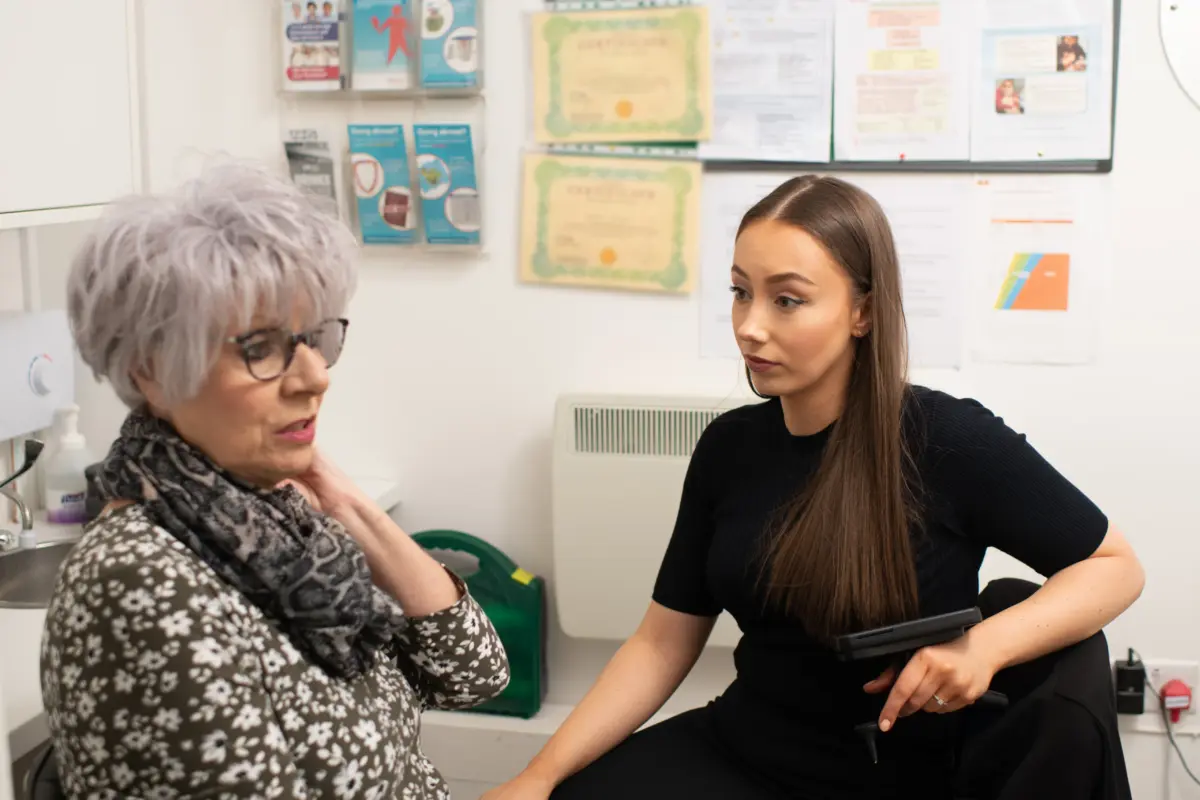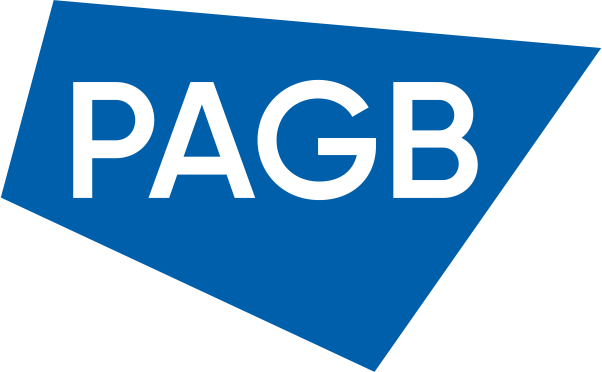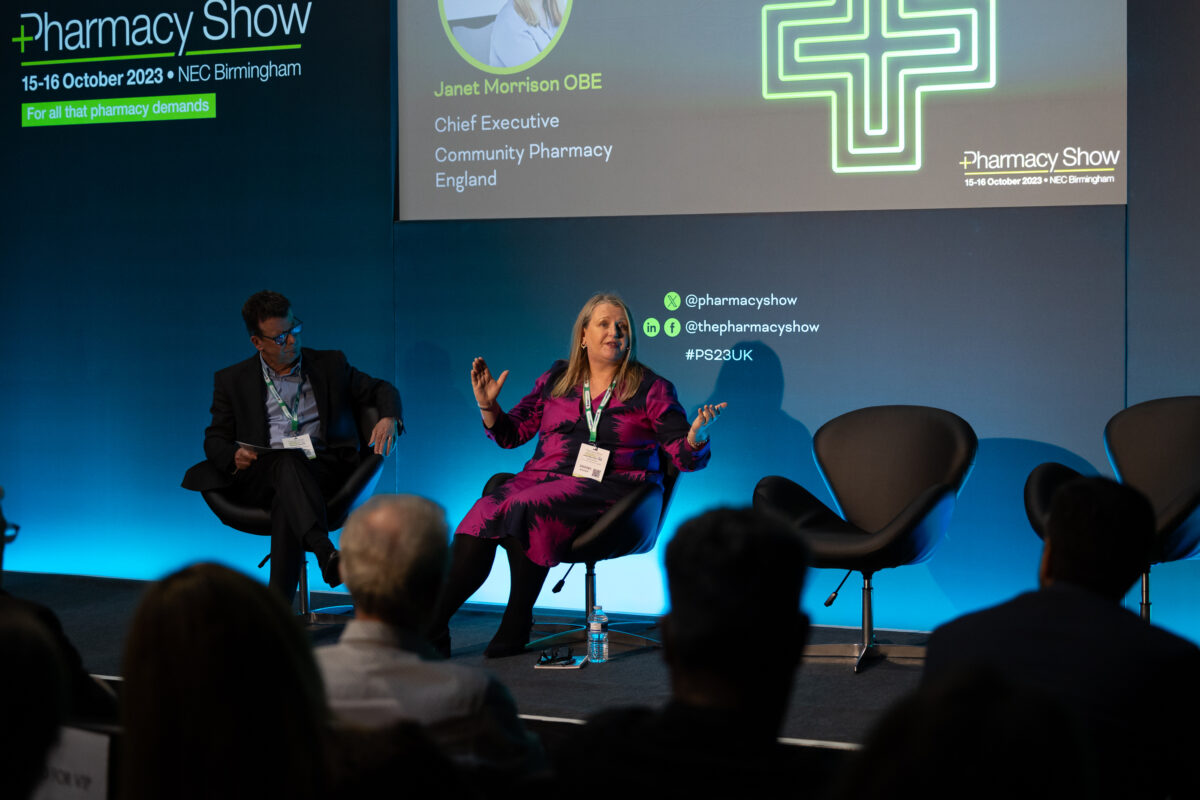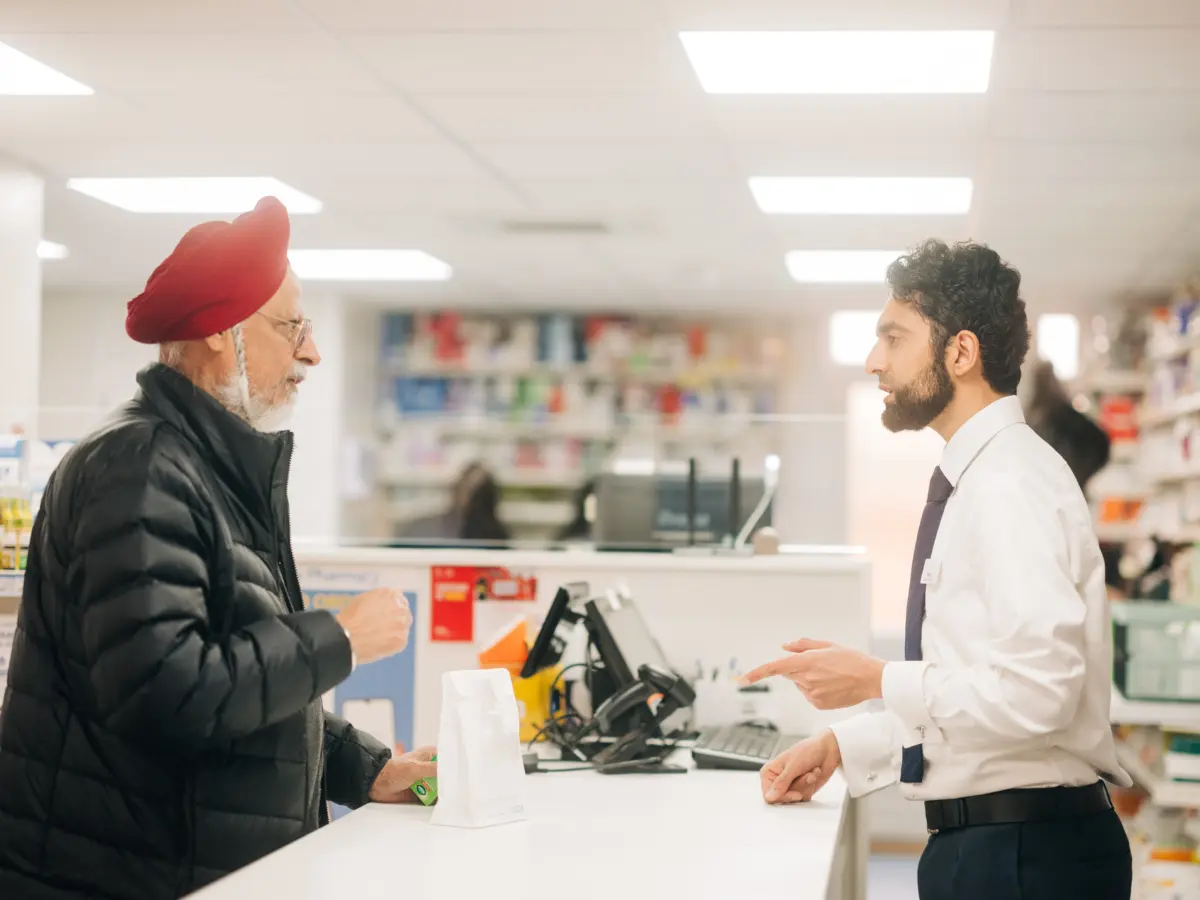Croydon LPC’s Domiciliary Visiting Service (February 2014)
Published on: 20th February 2014 | Updated on: 28th March 2022
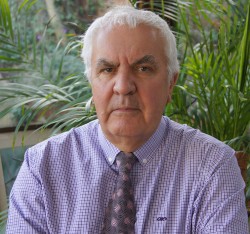
Andrew McCoig, Chief Executive of Croydon LPC
The Community Pharmacy England Evidence Awards, which were supported by the Health Education Foundation, were held during the 2013 LPC Conference to further enhance the evidence base for locally commissioned services. From the many submissions, nine entries were shortlisted based on the evidence submitted, and LPC Conference delegates voted for the five winners from the shortlist.
Croydon LPC was one of the winners, winning an award for their local Domiciliary Visiting Service. Andrew McCoig, Chief Executive of Croydon LPC was interviewed after the awards to provide further information and to help encourage other LPCs and pharmacy contractors to get involved with similar services in their areas.
Ask a group of people in pharmacy what the sector should be doing next and you’ll probably get a range of options, but for Andrew McCoig of Croydon LPC, there’s one obvious winner: “Making sure the NHS and patients make effective use of the money we spend on medicines – that’s what we need to be about.” And although you might not think about it in those terms, you almost certainly know what happens when patients don’t take their medicines properly, and when you see those piles of wasted, returned medicines, all pharmacy teams know we need to more to prevent it.
And that’s exactly what Croydon’s Domiciliary Visiting Service is trying to do. Masterminded by the LPC back in 2011, the service sees pharmacists in the area visiting vulnerable patients in their own homes to perform targeted Medicines Use Reviews (MURs). Seeing firsthand a patient’s domestic situation gives pharmacists valuable insights so they can put their intuition, knowledge and people skills to good use to make medicines fit better into patients’ lives, Andrew explains.
And it seems to be working. Between December 2011 and March 2013 the service led to 215 avoided emergency hospital admissions which would have cost the NHS up to £758,800 (see The Domiciliary Visiting Service in figures). And an analysis of the service undertaken over the summer suggested that that trend has continued, with the estimated cost avoidance from April 2013 to August 2013 being £67,480. Feedback from patients and pharmacists has been very positive, with the MURs improving understanding of medicines in 90% of patients.
The Domiciliary Visiting Service in figures£130,000: the budget for the service this financial year (although the LPC expects that despite good uptake, pharmacies will not spend all of this) RIO Score of 3: The service evaluation was based on something called RIO scoring which is a measure of vulnerability and need often used in social care. Pharmacists rated the changes they made to medicines as follows: 1. Minimal changes required to medicine regimen; 2. Problems leading to introduction of compliance aids or changes to prescribed medicines; 3. Significant problems found (such as medicines being out of date or not being taken at all) which would eventually have led to hospital admission if no action had been taken. A score of 3 is thought to represent a change that will have prevented a hospital admission at some point and that’s how the savings were calculated. £1,500-£3,500: these are the average estimated costs for hospital admissions. Even at the lower end of the scale Croydon LPC argues that a pharmacy service which prevents an admission and costs the commissioner just £70 represents staggering value. £758,800: the total potential costs saved by the service between December 2011 and March 2013. |
Of course there have been challenges along the way. The biggest of which has been convincing patients of the value of the service, says Andrew. “Convincing patients that we can talk to them about their medicines in a no blame and no shame environment can be difficult. We have to explain to them that their doctors know about the service and gain their trust on an individual basis – what convinces one person will not work for everyone. The good news is that once we do get in patients love it and it’s really working,” he explains.
GPs have proved less of a problem, particularly in areas where their referral is not required for pharmacists to deliver the service. In fact some GPs have been known to visit their local pharmacists’ homes to deliver lists of patients they would like them to go and visit at home. And Andrew says the Local Authority (LA) really sees public health as its responsibility and has been very supportive of the service. “Of course the service and scores have faced some challenges, even from within the council, but working with the public health team we have been able to answer every single one of those challenges and the local authority seems convinced that we are coming out on top financially,” Andrew says.
And of course none of this would have happened without some hard work from the LPC and local pharmacies. One beauty of the service is that pharmacists require no additional training to start providing it; but Andrew says pharmacists have had to learn to delegate dispensary duties so they can get out in the community and do services such as this. With some 40% of local pharmacies taking part in the service it’s clear that some are there, but Andrew runs regular events to keep up their motivation and newcomers.
As he concludes: “I do see a split in pharmacy services now between the more established services and functions, which are driven by demand; and some of the newer ones that require us to actively recruit patients, like these visits. Almost all pharmacies can manage those that rely on demand because that is what we have always done, but having to actively start discussions ourselves with patients is very different, but it’s something that we’re absolutely going to need to learn to do if we want a secure future. I think this service should become part of the Advanced Services that pharmacies provide and then eventually an Essential Service – it seems to be the most common sensical and logical next step for pharmaceutical care because getting people to take their medicines properly is the most obvious use of NHS money after the spend on medicines that I can think of.”
If you would like to help get the ball rolling for this or any other services in your area, your LPC’s contact details can be found via the LPC Portal at: lpc-online.org.uk
Croydon LPC’s Chief Executive on…
… the LPC’s role in the service
“Uptake has been pretty good, but the challenge has been convincing pharmacists to delegate tasks like dispensing to their teams. But that’s what they need to do so that they can get out and do the real work of talking to patients and helping them to take their medicines properly. For the LPC there is an ongoing challenge to support the service and one of the things we find has helped has been regular meetings to explain the service to newcomers but also to reinvigorate the pharmacists already engaged with the service.”
…pharmacy’s future
“I think pharmacy needs to look to other sectors for inspiration. We have some great work going on but it’s always in pockets. In the aviation industry there is no best practice, because best practice becomes standard practice almost as soon as it is discovered or developed – the NHS must do the same.”
… the benefits of home visits
“When doctors prescribe medicines they are just looking at patients in the surgery so they don’t see the disease in its environment and that’s the benefit of home visits – we see patients in their own environments so we see the challenges they have and our job is to make the adjustments needed to make their medicines work around their lives.”



